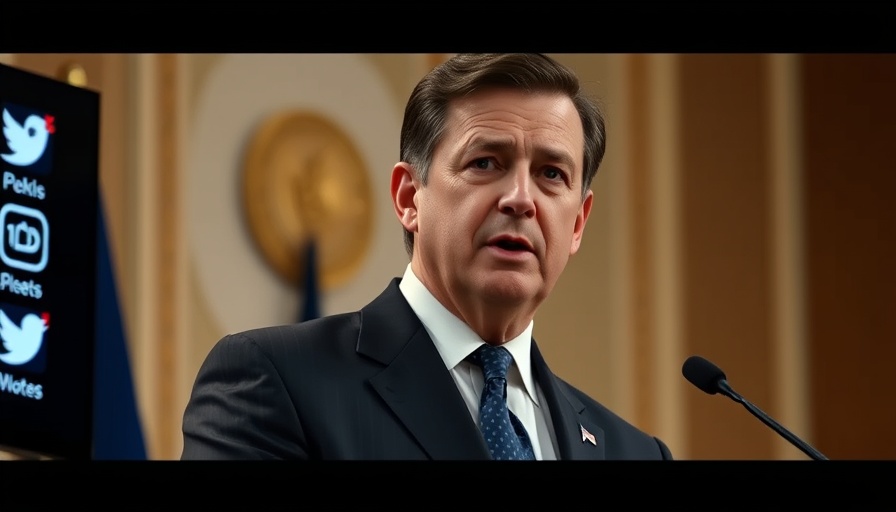
Unity in Diversity: The Essence of Ubuntu in Today's Youth
In a world that often feels divided, the recent Youth Interfaith Forum in Cape Town is a beacon of hope. The event brought together 55 young representatives from 25 countries and 15 different faiths, each bringing with them the unique wisdom and experiences of their cultures. This convergence was not just a meeting of minds but a tapestry of shared humanity woven together through the philosophy of Ubuntu, which emphasizes our interconnectedness - "I am because we are." This philosophy resonates deeply in a time when the political climate across the globe is rife with division, extremism, and conflict.
Compassion as a Foundation for Change
The guiding thread in all discussions was the imperative for compassion, articulated compellingly by Babalwa Ngcongolo of the Cape Town Interfaith Initiative. Addressing the participants, she highlighted that compassion transcends mere empathy; it demands that we act, particularly in today's socio-political landscape characterized by corruption and inequalities. As young leaders strategize for the G20 Interfaith Summit, their journey is both reflective and proactive, requiring not just passion but actionable commitments toward justice and humanity.
Building a Framework for Genuine Interfaith Action
Katherine Marshall, a key speaker at the forum, positioned the meeting as more than just dialogue; it was a preparatory ground for a blueprint of activism. Terms like GRACE (Go Resolutely Acting Creatively with Endeavor) and BRAVE (Build, Results, Action, Vision, and Endurance) resonate within the framework of democracy and governance, offering tangible pathways to champion democratic values like accountability and transparency amongst emerging leaders. These actionable insights are crucial as not only visionaries but also future stewards of democratic principles.
Effective Youth Leadership: Lessons and Challenges
As dialogue unfolded, participants shared stories of courage amid adversity, echoing the call for a collective leadership model. The emphasis was on understanding the dynamics of state capture, corruption, and their impact on community welfare. This understanding anchors them in the realities of their locales while fostering a global perspective that favors economic equality and social justice. In the context of South Africa's journey since apartheid, the consolidation of these narratives offers powerful lessons on the nuances of post-colonial governance and reforms like Black Economic Empowerment (BEE).
The Role of Interfaith Dialogue in a Democratic Society
The engagement amongst these diverse youth leaders underscores a critical aspect of democracy: the importance of dialogue and collaboration across ideological lines. In South Africa, the historical truths of the Truth and Reconciliation Commission highlight the need for ongoing reconciliation through dialogues that embrace diversity, creating space for unheard voices and fostering mutual respect. Leaders must embody this ethos of interfaith dialogue in order to confront the challenges posed by polarization and xenophobia that threaten social harmony.
Conclusion: Toward a Sustainable Future
The Youth Interfaith Forum symbolizes a surge of positivity amid uncertainty, demonstrating what can be achieved when youth from diverse backgrounds unite with a common purpose. As these young attendees return to their home countries, they carry with them not only the promises of Ubuntu and compassion but also actionable plans to implement these ideals within their communities. Progressive youth leadership is pivotal for meaningful transformation, fostering hope for the future as they strive for a society rooted in equity, respect, and cooperation.
 Add Row
Add Row  Add
Add 




Write A Comment